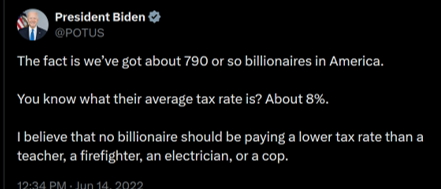🧵10 Steps to Prep Your Business for Sale
As a “recovering” investment banker and advisor to a private equity firm, I have advised on both sides of sales processes and seen mistakes made that lead to value leakage from deals.
Here are 10 steps to take now to prep for a sale...
As a “recovering” investment banker and advisor to a private equity firm, I have advised on both sides of sales processes and seen mistakes made that lead to value leakage from deals.
Here are 10 steps to take now to prep for a sale...
1-List and Prioritize Shareholder Objectives—For many small business owners, price isn’t the only consideration. Employees, brand and other factors can play a role.
2-Put Your Advisory Team Together Early—This includes your lawyer, your accountant and your advisor. The more time they have to know you and the business and the materials, the better.
3-Develop a Succession or Transition Plan—Often, a buyer wants or needs management, even if it is for a transition time, so make sure you have that plan in place-- especially for financial buyers.
4-Incentivize Non-Owner Management—You want to take care of those who have helped the business grow-- and ensure they don’t hold the business
“hostage” during a sale!
“hostage” during a sale!
5-Identify and Eliminate “Non-core” Expenses—You will get more credit if you do this ahead of time than trying to pro-forma it back in during a sale process.
6-Get Your Financials Audited- Buyers being able to rely on your financials is key to maximizing valuation.
7-Organize Your Key Documents—Sloppy contracts can create issues for you during a sale. Plus, having everything together makes a sales process run smoothly.
8-Create a Future Strategic Plan—Buyers want to know there is more growth to come. Selling when you have maxed growth isn't a way to max your exit multiple.
9-Put Off Unnecessary Additional Investments—This can materially impact value.
10-Beware of Business Cycles—Again, more growth ahead means a higher valuation multiple.
If you want the full three-part article series with more detail, I am happy to forward it to you upon request...use the contact form at CarolRoth.com
If you want the full three-part article series with more detail, I am happy to forward it to you upon request...use the contact form at CarolRoth.com
• • •
Missing some Tweet in this thread? You can try to
force a refresh






